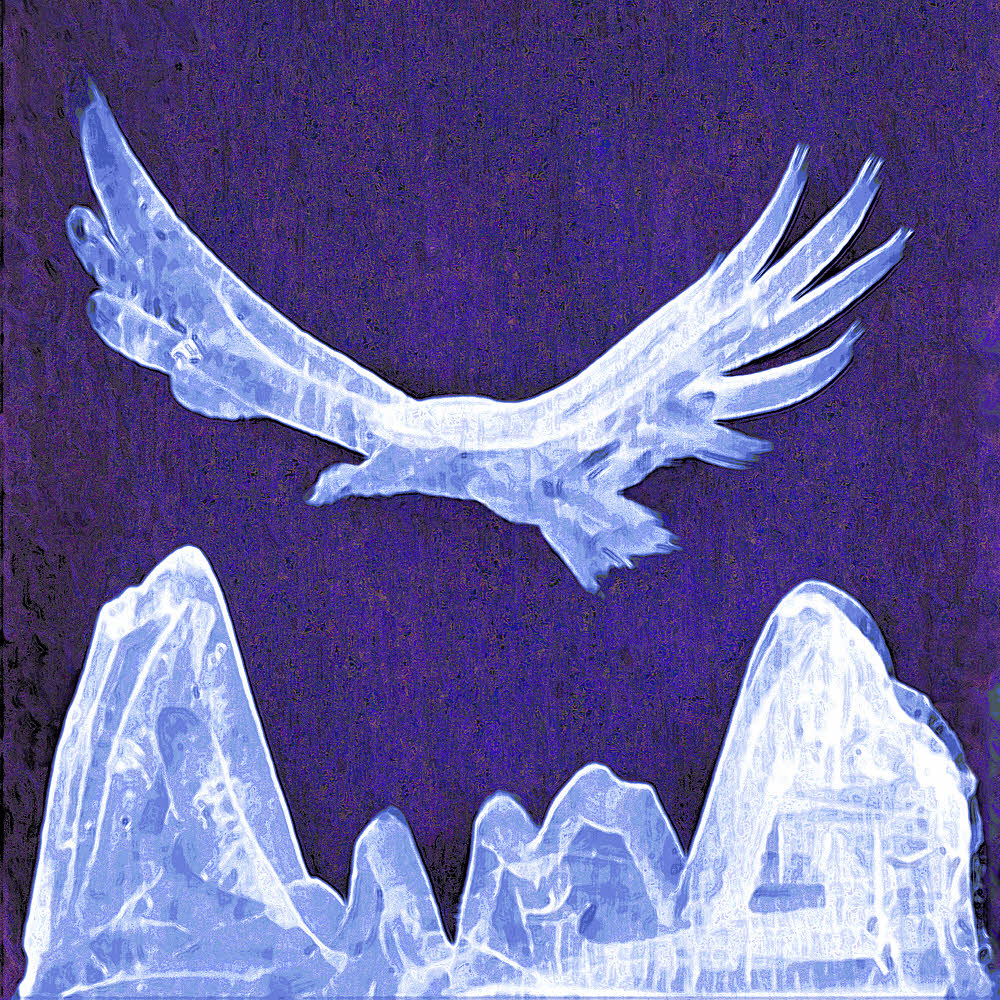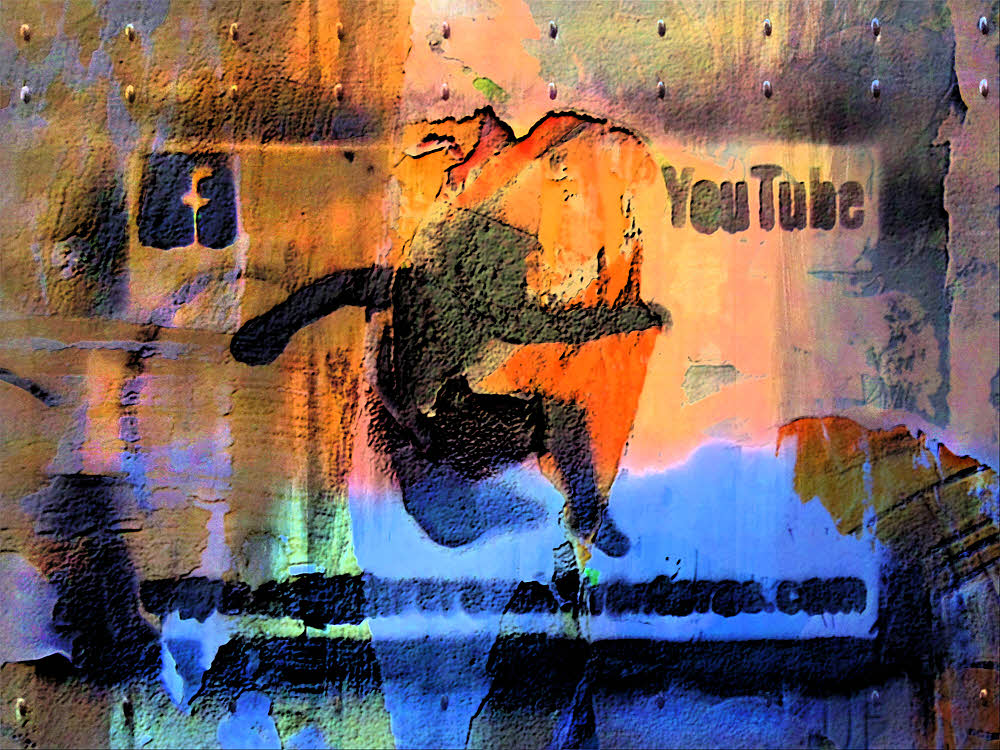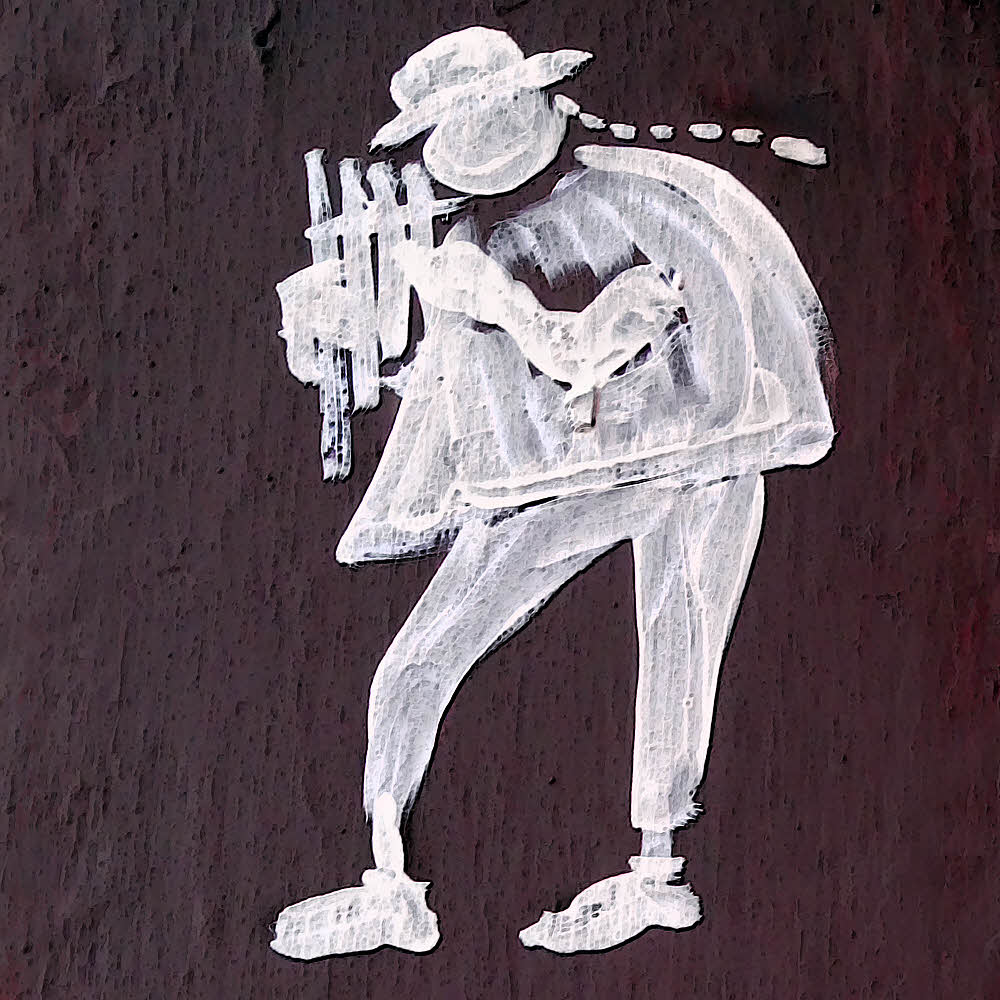
(1) Being carried away.
May be confused with the word "conviction", which means about the same thing, but in a less peace, love, and free will sort of way. One which often entails the deliberate and forceful application of handcuffs.
So, different, 'K?
(2) Being carried away in the other sense.
To be wafted along, gently, perhaps almost imperceptibly, lovingly, to a pleasant conclusion, as might be experienced by a sip of wine as it is taken up between the lips, slides over the tongue and down the throat, to find a warm welcome in the stomach, where it can reside in peace and comfort.
But only for a while.
Everything is only for a while.
Eventually even the finest wine is converted to a sort of irritable sleepy grumpiness and is squirted back out as urine and then forgotten. This happens with so many things.
Like rain. Or hail, which is the end product of rain with an anger management problem.
But before rain is ejected from the clouds and falls onto your head, possibly accompanied by high winds and lightning strikes, some of which may kill or stun your companions, is convection, which tenderly raises dewy filaments of moisture heavenward on wisps of warmness. And not just one or two filaments.
Millions.
Billions.
Trillions.
And more.
So many that they cannot even be comprehended, let alone counted, tallied, or given cute pet names.
And once in the sky these wisps swirl and twirl and spin and tumble and coalesce and combine into clouds that sail the skies without any cares at all until they meet more and stronger currents of convection, warm shafts of air soaring into the highest reaches of the sky where those uncountable myriads of moist hazy aerosols meet and conjoin to form mists and whorls of nearly weightless droplets, and then drops, and, flung even higher into the heavens they freeze into tiny ice crystals which rise and fall upon the currents, and thaw and freeze again, gaining layer upon layer of fresh, hard, crisp ice until the air no longer has the strength to support them and they begin to fall, and then are caught by fearsome downdrafts and are hurled toward the ground with supreme force, and this is what bonks you on the head and makes you swear like a sumbitch.
(3) The thing that happens in your cooking pot when the water gets hot.
After a while, after it gets just so hot, water can't stand it any more and begins jumping for the top of the pot, hoping to escape.
This is called boiling, and means that the water is hot enough to do some serious cooking, and it is powered by convection wherein the heat at the bottom of the pot makes the water excitable, peevish, pettish, petulant, testy, and generally disagreeable to the extent that the two of them just can't get along anymore and begin trying anything they can think of to put some distance between themselves.
Instant rice, couscous, bulghur wheat, and many other common hiker foodstuffs are extremely effective at smoothing things out, like a good arbitrator (meanwhile becoming cooked), and so now, during the boiling situation, is the right time to dump that food in there and get on with dinner.
And turn the heat down too.
Don't be a dumbass and burn supper, hear?
(4) There are other, more boring definitions of convection that center on meteorology, which sounds like it's this cool class you can take to find out about meteors and stuff, and maybe flying saucers and the real truth that is out there somewhere, and maybe ray guns and aliens are involved somehow, but then you have to sit in an old stinky chair that was made in some factory back when there were, like serfs and all they had was candles for light and rocks for tools and try to stay awake while some professor dude talks about vertical transport of heat and moisture and updrafts and downdrafts and atmospheric instabilities and weird boring kinds of clouds you have to memorize and identify by their shapes, but dry convection sounds like a little bit of fun since it happens without any clouds but then you realize you can't even see anything while at least with visible convection or moist convection as the professor dude calls it you get clouds, even if they are weird and have strange names and are tedious and basically annoying anyway.
Etc.
As always, Effort or Eff it. No sniveling.
Source: How to talk in the woods.



